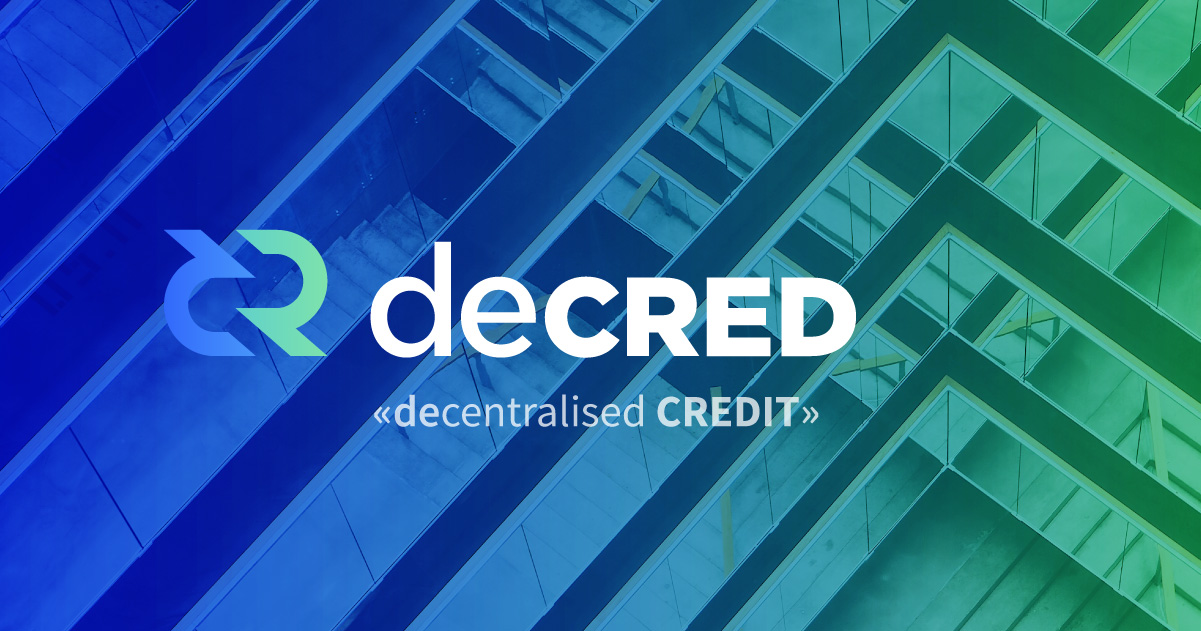Many different cryptocurrencies exist. Some of them offer solutions more innovative than others. Unfortunately, there are also a lot of copy-paste cryptocurrency projects which have little to no inherent value. Decred is one of the projects making a lot of waves lately. It is a good time to check out what Decred has to offer.
A Quick Look at Decred Under the Hood
Decred revolves around building an open and progressive cryptocurrency. Its main objective is to use a community-based governance model which is built on blockchain technology. It is also a cryptocurrency making use of a proof-of-work model, and many actively mine Decred.
The project uses a unique hybrid system, since it uses proof-of-work and proof-of-stake. Striking a consensus balance between miners and the rest of the community is not easy. Mixing PoW with PoS helps to create a robust currency. Allowing anyone in the world to participate in the project, regardless of owning expensive mining hardware makes Decred very attractive.
Decred first launched in September of 2015, and the project has built up a strong reputation within the world of cryptocurrency. This is due to its clever technical features. The internal voting system, for instance, is a big benefit for Decred users. It is a democratic way to solve any future issues on the Decred blockchain, should any arise.
Additionally, Decred provides immutable transaction hashes by separating transaction signatures from the rest of the transaction data itself. This is somewhat similar to what SegWit attempts to achieve in Bitcoin. Decred is also using Schnorr signatures, as well as the ability to sign transactions off-chain. This is where Decred has a leg up on Bitcoin, since the implementation of these kinds of features on the Bitcoin blockchain are unlikely to happen any time soon.
An incredibly useful feature is Decred’s ability to make transactions “expire” after a certain amount of time. Transactions come with their own expiration field which, if filled in, will prevent them from being included in the blockchain after a certain block height has been reached. This ensures transactions are automatically canceled if the network were to deal with confirmation delays, for example. That is a feature most Bitcoin and even Ethereum users would appreciate on their own blockchains.
Upcoming features for Decred include a stakeholder-directed DAO, decentralized control of development funds, Lightning Network support, and enhanced privacy, among other things. It is good to see the developers and community focus on new features they want implemented. All of those planned features sound exacting, and will help put Decred on the cryptocurrency map. It is a project worth following.

